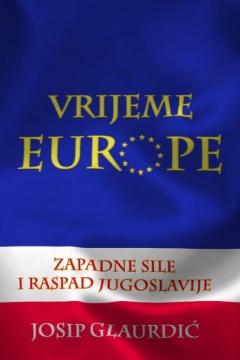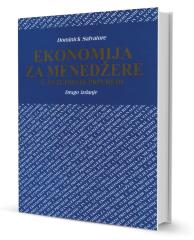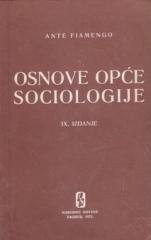
Vrijeme Europe
For the first time in the Croatian language, a book that reveals the incredible international circumstances in which the Croatian state was created.
Josip Glaurdić's book reminds us of the time we lived through some twenty years ago, and which left a deep mark on the feelings and views of many people in Croatia and in neighboring countries. The author has supported his work not only with a very large number of secondary sources, but also with original materials from key archives that have only recently become available to the public (i.e. documents from the British Foreign Office, the CIA, the G.H. Bush administration, etc.). He has also interviewed 42 former diplomats and "policymakers" from the former Yugoslavia, or from Western countries. This gives this book a special weight. In his text, the author traces the disintegration of the former Yugoslavia from the time of the economic and other difficulties that followed Tito's death, and throughout the work, special attention is paid to the rise and activities of Slobodan Milošević, who (as the author indicated) was initially seen in the West as the "Balkan Gorbachev", which means that at that time the West assessed Milošević's appearance favorably, attributing to him the role of a reformer and a strengthener of the unity of the Yugoslav state. Furthermore, in addition to internal reasons, Glaurdić emphasizes that one very important external factor, the end of the Cold War, strongly influenced the disintegration of Yugoslavia. On the one hand, the conditions of the Cold War - i.e. external threats - acted from an internal perspective on the maintenance of Yugoslavia; on the other hand, Yugoslavia's special inter-bloc position during the Cold War gave the country international importance and enabled it to maintain its standard of living largely thanks to assistance from the West (loans, etc.).
No copies available
The last copy was sold recently.





